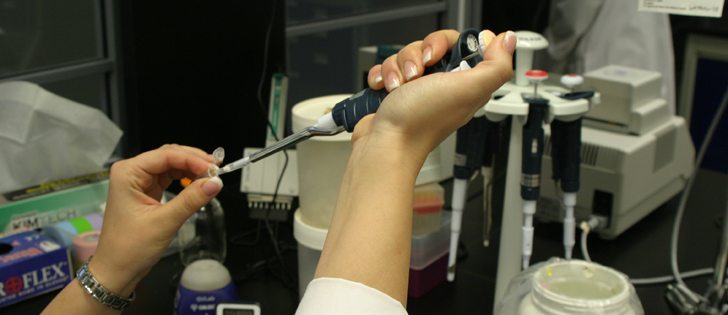Political red tape often hinders innovative products and practices from approval and leads to trade barriers
There are no easy answers for “asynchronous approvals,” but Canada was recently held up as an example of science-based leadership by a senior multinational grain company official.
“We’ve seen significant leadership from the Canadian government,” said Randal Giroux, Cargill Inc. vice president for food safety and quality, in a speech at the Canadian Global Crops Symposium April 12.
“Frankly, I’m very proud of what I’ve seen the Canadian government do in the case of low-level presence.”
Giroux said the present situation of asynchronous approvals, which means one country or region approving something that isn’t yet approved in another country or region and then becomes the basis for trade disruption, is not just costing a lot of money for grain handlers — including his company and the farmers who grow the crops — but also stopping new and innovative products from being adopted; ones that could have enormous value for everybody.
Read Also

Final crop reports show strong yields, quality
Crops yielded above average across the Prairies this year, and quality is generally average to above-average.
“The stakes are high for everyone,” said Giroux. “We need to innovate and integrate and get to these benefits as soon as we can.”
Following Giroux’s speech, a panel of biotechnology regulation experts seemed to share his views, but had no easy answers for how the world’s multiple regulatory and approvals systems can be brought together to stop “trainwrecks” from happening.
“When innovation (is separated) from science and gets into politics, this is where it gets lost,” said Teresa Babuscio, the secretary general of grain industry group COCERAL.
She said scientists, companies and industry groups are regularly discussing the issue with regulators, which is good, but the politics at higher levels bogs down the acceptance of biotechnology innovations accepted in many parts of the world.
That has caused biotech research and development to move away from Europe, which is limiting the ability of Europeans to benefit from biotech’s promise.
Marcel Bruins, of the International Grain Trade Coalition, echoed the sentiments. The new non-transgenic developments in crops avoid some of the concerns about GMOs, but still cause some Europeans to feel anxious.
“That scares regulators. That scares the different jurisdictions. They don’t know how to regulate it, whether to place it in the same basket as GMOs, or exempt it from regulation,” said Bruins.
“There needs to be international alignment. That is absolutely crucial for the international grain trade. As soon as we have a patchwork . . . we have a nightmare on our hands.”
















